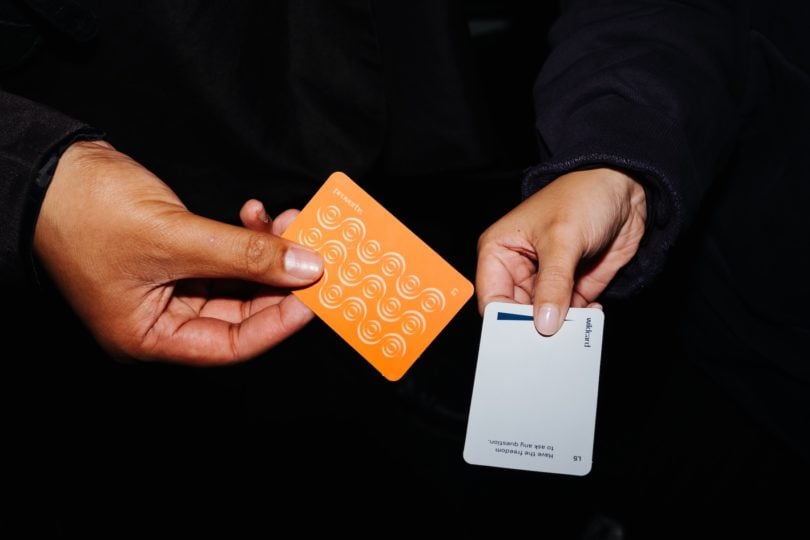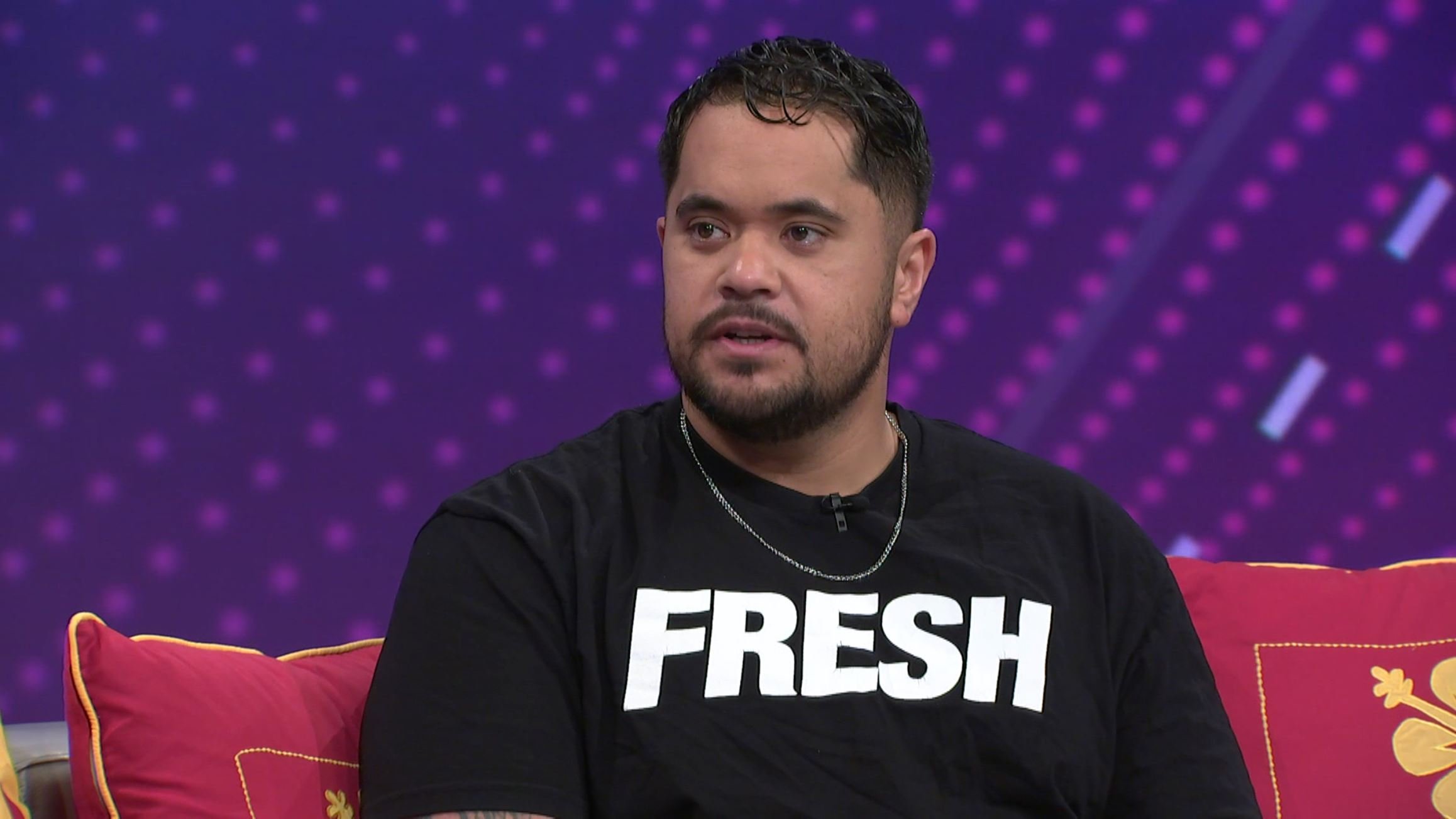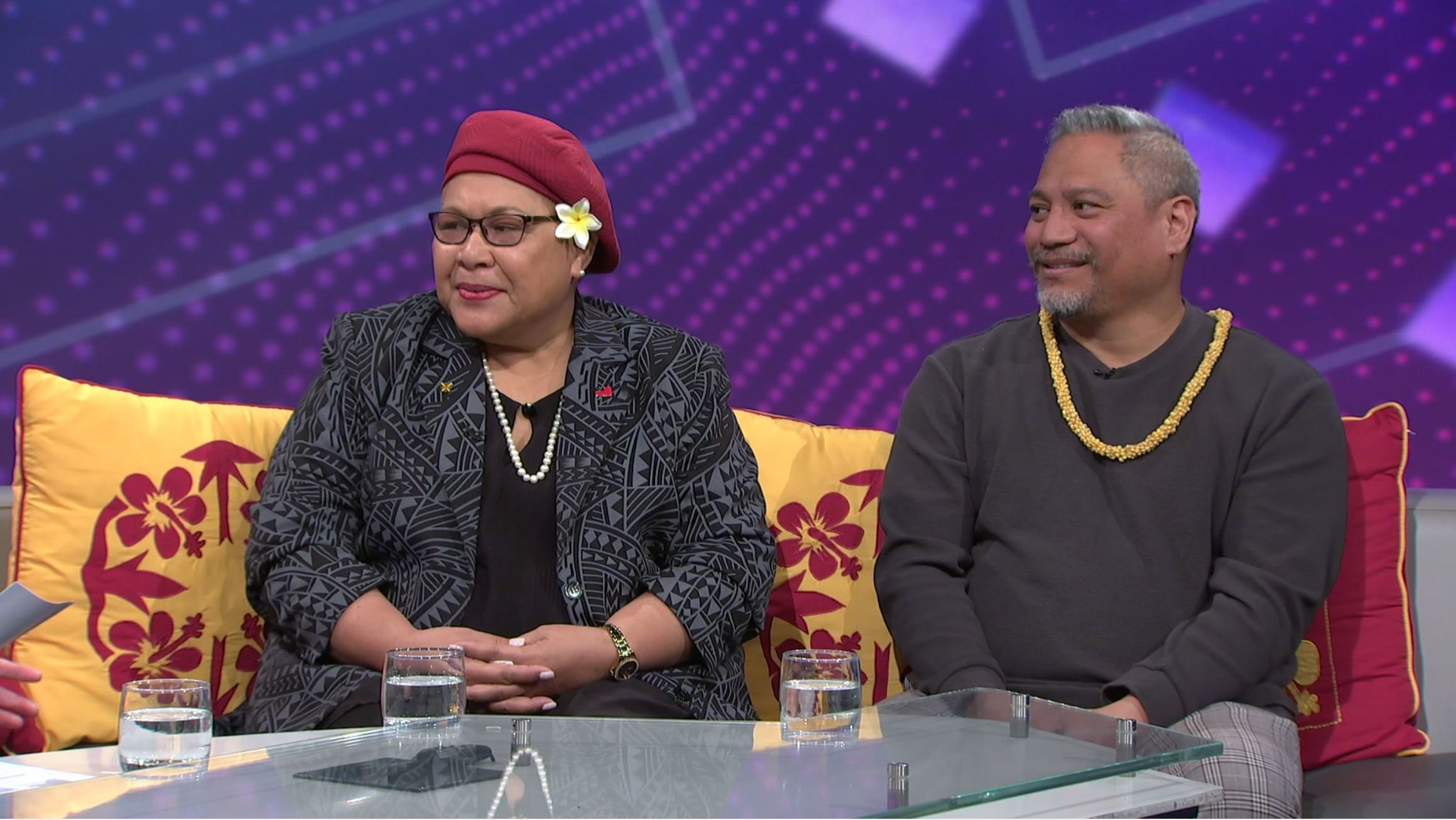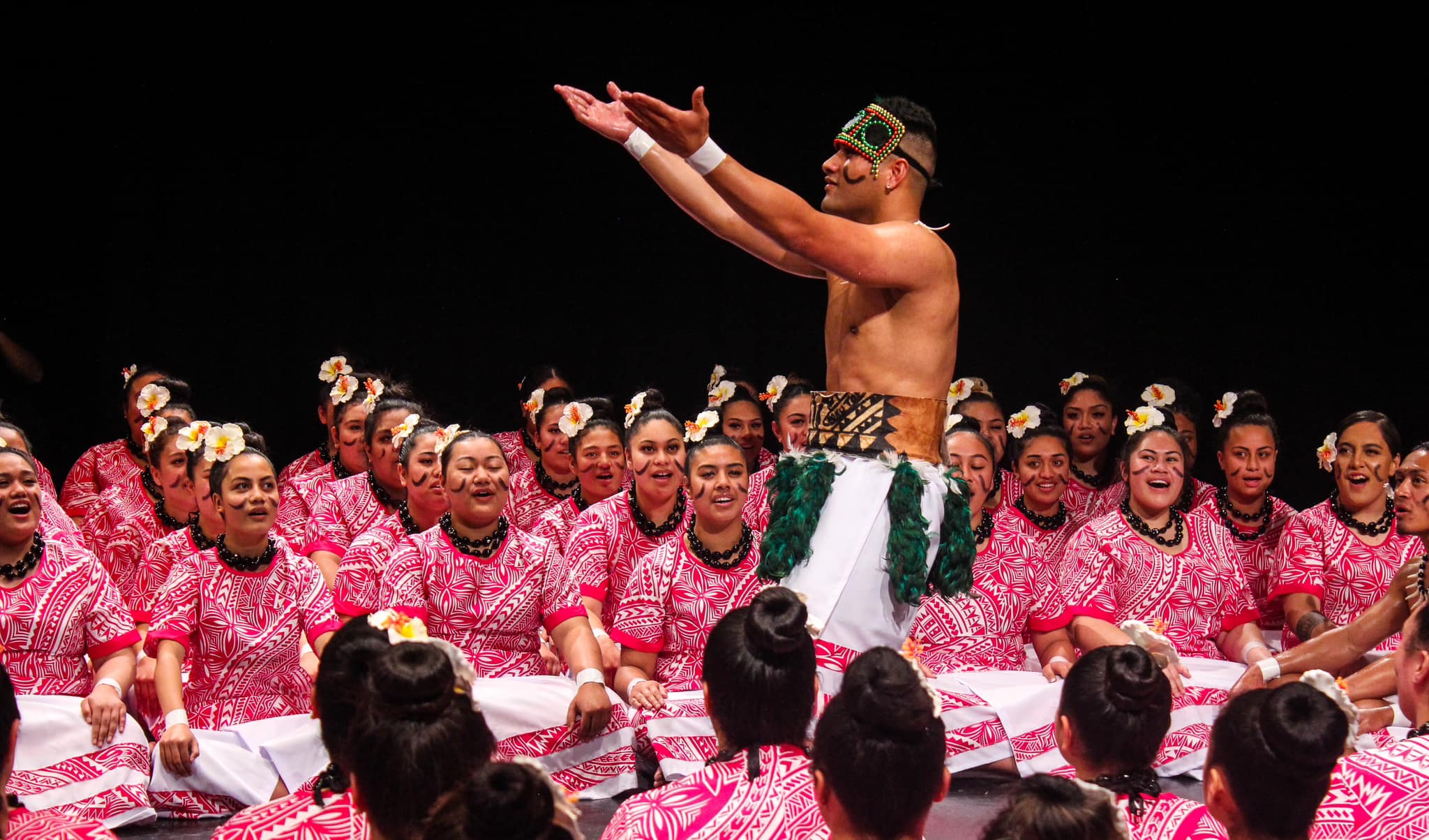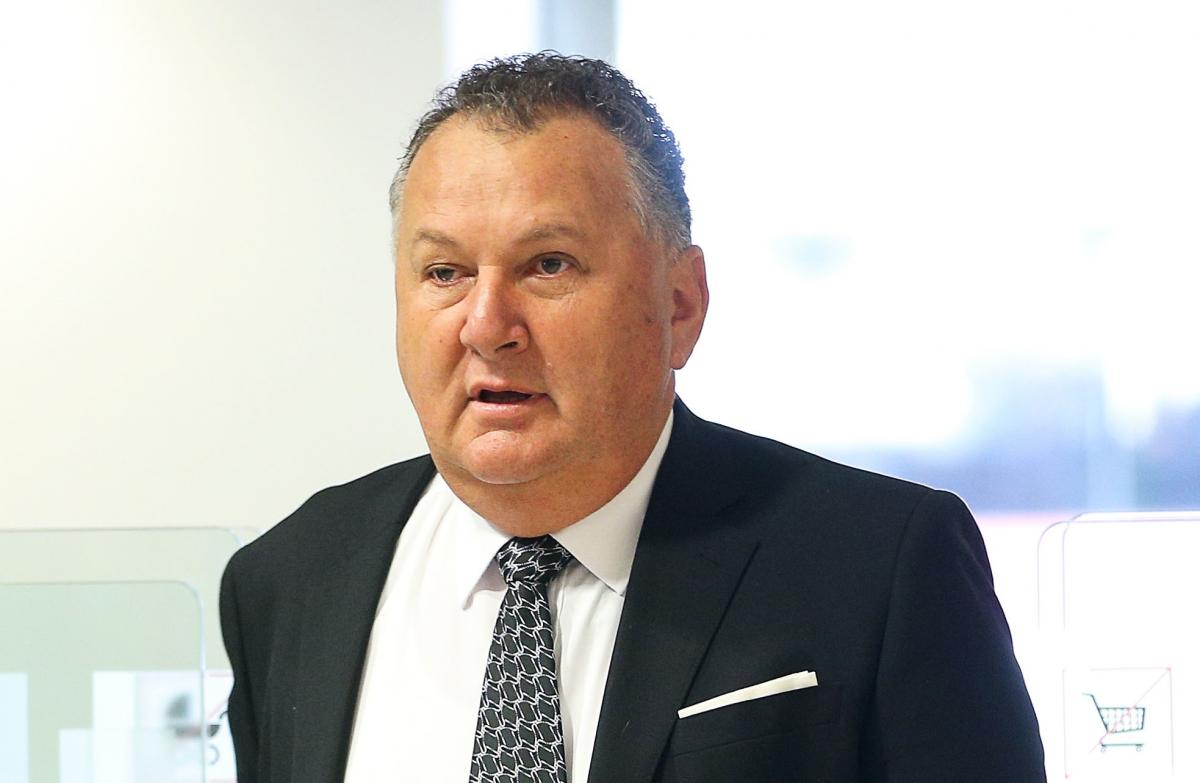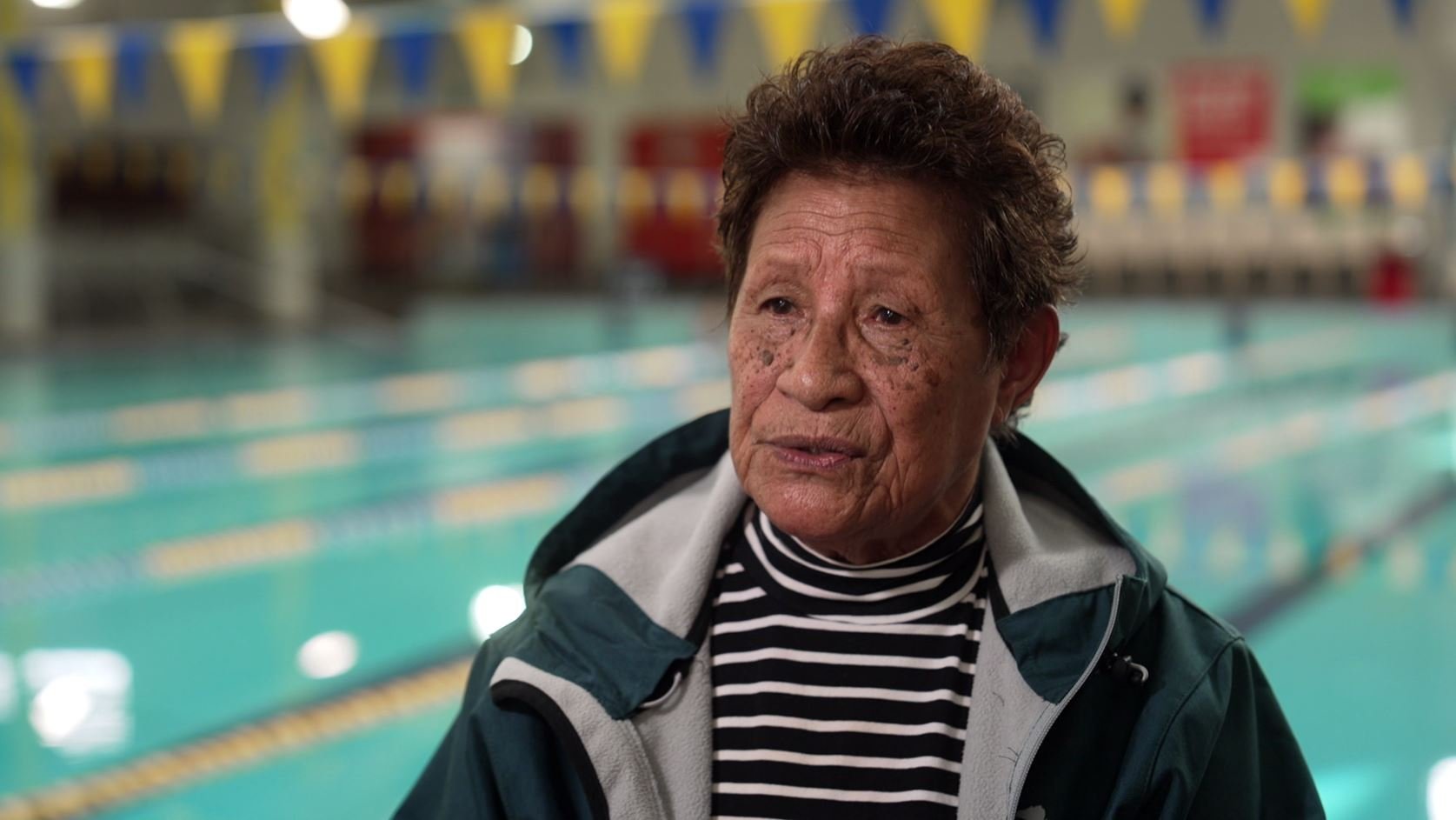The Cook Islands Prime Minister is in New Zealand pressing his case for a two-way travel bubble to help jump start an economy that’s heavily reliant on tourism. This travel bubble will also help to stop the stream of Cook Islanders leaving the country in search of work.
A one-way travel bubble between New Zealand and the Cook Islands in January proved a blessing for the Cook Islands, but it also had some unintended consequences.
“The biggest fear of businesses was that people would leave for New Zealand. That was a fear that was early in 2020, and what we’ve been trying to do is create this bubble between New Zealand and the Cooks that would mitigate that,” says Cook Islands Chamber of Commerce President Fletcher Melvin.
Since one-way travel opened, some 1000 Cook Islanders have left for New Zealand to find work. Many have been recruited into seasonal work, and others have looked to continue studies.
Thomas Beniamino and Ben Tangata have both taken up an offer to do seasonal work.
“I’m working for a company called CPac, and they’re looking for seasonal workers to pick fruit and pack fruit,” Beniamino says.
“We’re just doing it to help out with paying the mortgage. That’s really why we’re going, to reduce the mortgage to a level we can manage with the income we’re getting at the moment,” Tangata says.
Physiotherapist Jana Whitta says she had always planned to travel to New Zealand to further her studies.
“The work that I do as a physio, it’s hard to get some guidance on my work, so I’m heading back to New Zealand to learn from different people to learn in different areas,” she says.
Since the global pandemic hit last year, tourism, the lifeblood of the economy, has ground to a halt. That’s impacted not just on the tourism sector but also on the wider economy, on people like builder John Taulu.
“As soon as Covid hit, everyone started watching… their wallets; pretty much just more cautious about how they spend, and a lot of contracts that we should have gotten fell out pretty much,” he says.
Not since the mid-1990s has the Cook Islands seen this level of population movement. Back then it was not a global pandemic causing problems; Government restructuring was to blame.
Internal Affairs Minister Mac Mokoroa says people will go where the work is. “I wouldn’t be surprised if the numbers leaving now are far more than in the past when they’ve come four or five years ago to recruit. Because Covid gives that opportunity for unemployed or for young ones to go and look for better opportunities.”
The fact that foreign tourism workers continue to depart is also a worry, especially for the business community.
“Just last week we had 60 people leave, foreign labour, if that happens every week then by September we’ll have a serious labour shortage so it’s a huge problem and a lot of businesses are rightly concerned,” Melvin says.
Cook Islands Prime Minister Mark Brown’s visit to New Zealand gives hope that a two-way bubble will come soon but also that a rollout of the Covid vaccine will happen in good order.
“We’re 100 percent for vaccination. I think that for 15,000 people to be vaccinated, I think that could be a problem that you could do within a day… It’s a small amount compared to the bigger picture, and then it opens a corridor almost immediately,” Melvin says.
In the meantime, there is hope for the Cook Islands as many of those leaving plan to return.
“There’s no staying over there; we’re definitely going to go there and then we’ll be coming back because he has other plans… I have other plans as well,” Tangata says.
When pressed on how long he’ll be away for, Taulu says “six months but realistically 2–3 years possibly”.
“You just never know when things are going to turn back to normal with this Covid, so fingers crossed. The less time I spend in New Zealand, the better it is I reckon for me. This is my ideal home and where I want to be.”
By John Utanga
Additional Reporting: Johnny Beasley (Rarotonga)












